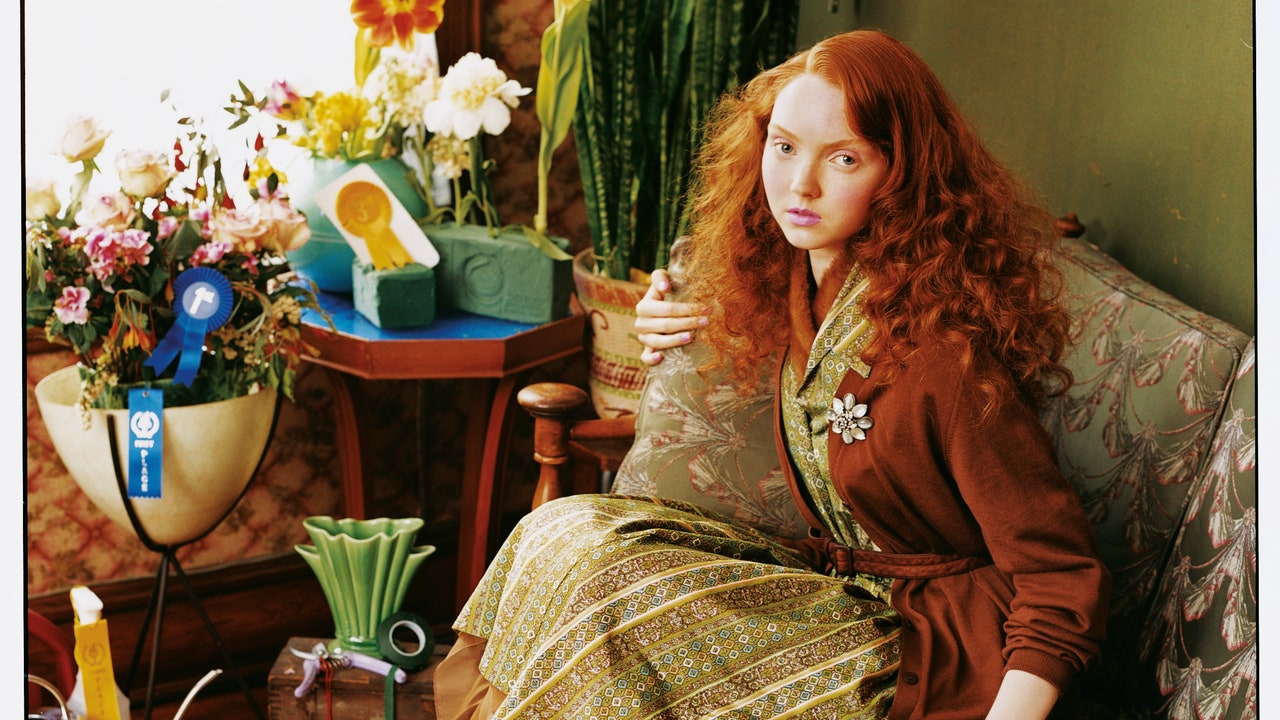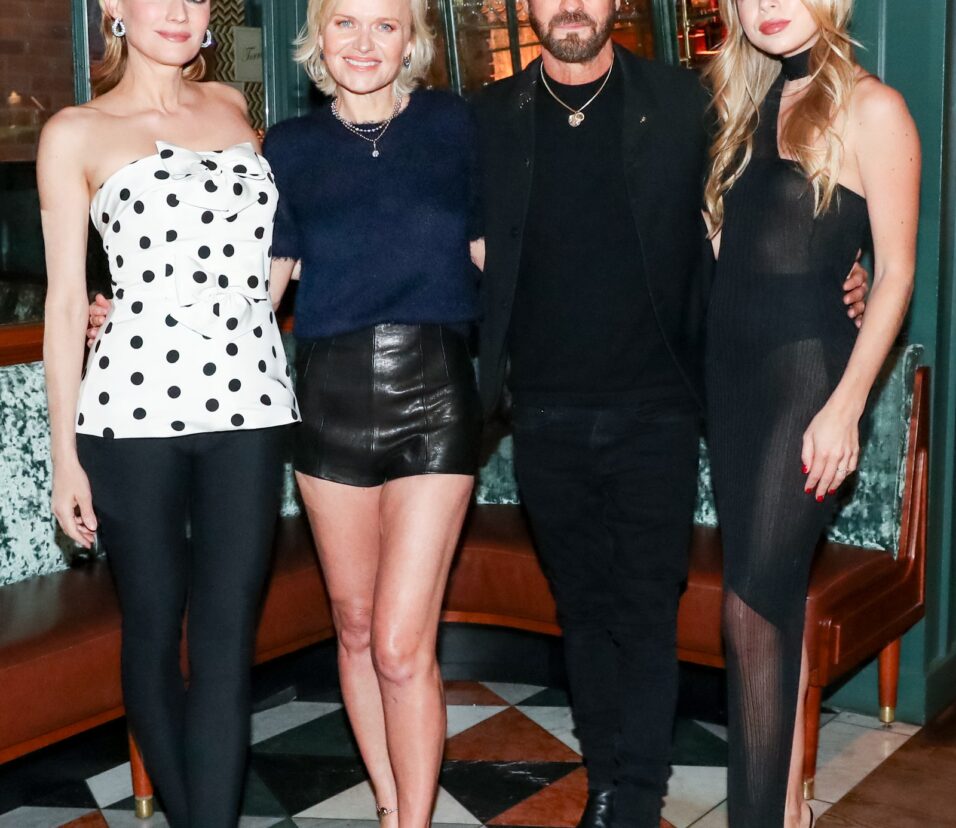Spring Cleaning: The Minimalist 30 Day Rule That’s Making My Life Easier
I love the phrase “less is more.” It’s something I repeat several times a day in a wide variety of situations—although right now, I treat it more like a mantra than an actual practice. I’ve long been convinced that simple, minimalist routines are one of the definitive ways to make each day calmer and happier.
“Psychological minimalism is the act of simplifying one’s lifestyle,” says psychologist Laura Palomares. “Whether emotionally or cognitively, it involves trying to let go of the excess of information and data we are exposed to so that we can focus our thoughts on the present.” In order to move from theory to practice and make the desire become reality, I watched the Netflix documentary, The Minimalists: Less Is Now.
Joshua Fields Millburn and Ryan Nicodemus, who created the podcast The Minimalists, are forward thinkers when it comes to living a minimalist approach to life. The duo created the “30-day minimalist game.” Here’s how it works: you start the first of those 30 days by getting rid of one thing, the second day two things, the third three things, and so on until you reach 30. “At first it’s an easy game. Anyone can eliminate a few items, but it gets considerably more challenging in the second week, when you’re forced to get rid of more than a dozen items per day. As the month progresses, it becomes more difficult.”
Fields Millburn, before naming this process, took on the challenge by getting rid of one thing a day by either donating, giving away or recycling items. I’ve ended up getting rid of a lot more. In eight months I got rid of more than 90 percent of things, and now I only have things that have a function or bring me happiness. Although I haven’t finished the challenge yet, I’m not finding it difficult to get rid of several things every day–partly because I’m not just talking about material objects. Some days I’ve spent time deleting pictures and files from my phone and I’ve realized that this process of tidying up and cleaning out allows me to be more aware of material excess.
Too much stuff is stressful
In the documentary, there are some memorable facts. For example, an American house accumulates an average of 300,000 objects, with more money spent each year on shoes, jewelery and clothes than on higher education. These excessive objects, that often aren’t used regularly, can even cause more stress. To test this theory, Nicodemus stored all his possessions in boxes, as if he was preparing to move. He found that 80 percent of the things in the boxes were never unpacked because he didn’t need them. The benefits of minimalist living are validated by psychologist José Elias: “Minimalism means we enjoy the few things we have because they are necessary. When we have a lot of things around us, it only creates worry about having and storing them. The important thing is to enjoy as much time as possible for ourselves.”
Having less to focus on
“I realized that if I simplified my life, I would have more time for my health, relationships, creativity, career… and that I could help others in a more meaningful way. I understood the benefits of minimalism long before I cleared out my closet,” says Fields Millburn at one point in the documentary. While this might sound cliché, after several days of trying to reduce the amount of things in my roo–in particular my wardrobe–I felt relieved. I also made the decision that I need to place less value on the things in my life and find time during my day to day for emotional wellbeing, rather than get buried under an excess of chores and material things.
However, the reality is that the more we have, the more we want. “When we get everything we want, we realize that we were wrong in predicting how happy we would be, because the brain normalizes those things. After a short time you start to have new desires. What used to be the ceiling for you becomes the floor of another floor with another ceiling to reach,” says T.K Coleman, director of the Foundation for Economic Education. It might just be time for a clear out.





Leave feedback about this